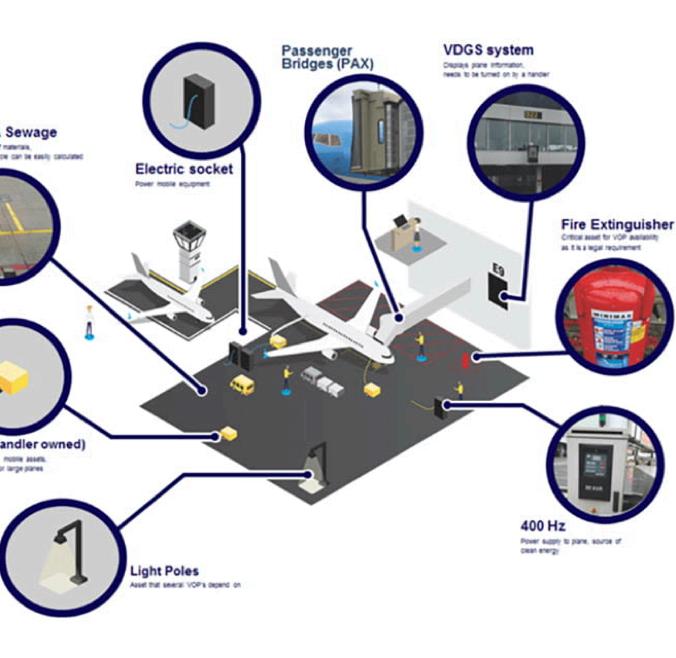
1 minute read
TURNING LEMONS INTO LEMONADE?!
What would be your definition-of-done of your innovation initiatives?
What does successful innovation look like?
Advertisement
Output (result) Outcome (value)
How could you share or exploit more of your ‘unique fixes’ with the world?
Striving for dual objectives in one organisation
Disengage From Autopilot
Major transformation towards greater sustainability and taking on long-term challenges are sometimes at odds with the agenda of today and tomorrow.
Schiphol has recognised that, to show its progress and values, dealing with these strategic dilemmas requires defining a completely new set of metrics throughout the organisation.
For example: What if CO2 reduction becomes a concrete KPI?! How can it be kept from becoming a discussion about profit versus value(s)? How do you define quality of life? Measure safety? Or how do you book less emission on a project? What is required is a very clear formulation of goals and how they connect (goal tree), as well as insights into effect and timeframe.
By connecting certain goals to the long-term vision and purpose, Schiphol aims to be the world's most sustainable and high-quality airport. This requires investing in improving user experience and continuous innovation in safety, but certainly also in sustainability.
RETURN ON INNOVATION?
The aviation industry is defined by 'old' economic approaches that are often difficult to relate to more-qualitative innovation. The Schiphol team has taken several steps to make strategic shifts happen and become accountable.
1. It all starts with setting quantitative and qualitative goals, directly connected to strategy, purpose and vision.
2. A second step in the transition is making qualitative goals and initiatives measurable (e.g., through impact accounting). This is a part of innovation, designing new metrics or developing new ways to measure.
3. A third step is often required: translating qualitative objectives into financial effects.
4. The most important step is investing in company culture and structure to train the entire organisation on more impact literacy. We need a new language and definition of success.
Yet, the question 'Why is finance always the main language?' must continue to be asked. Can we become bi-lingual?










